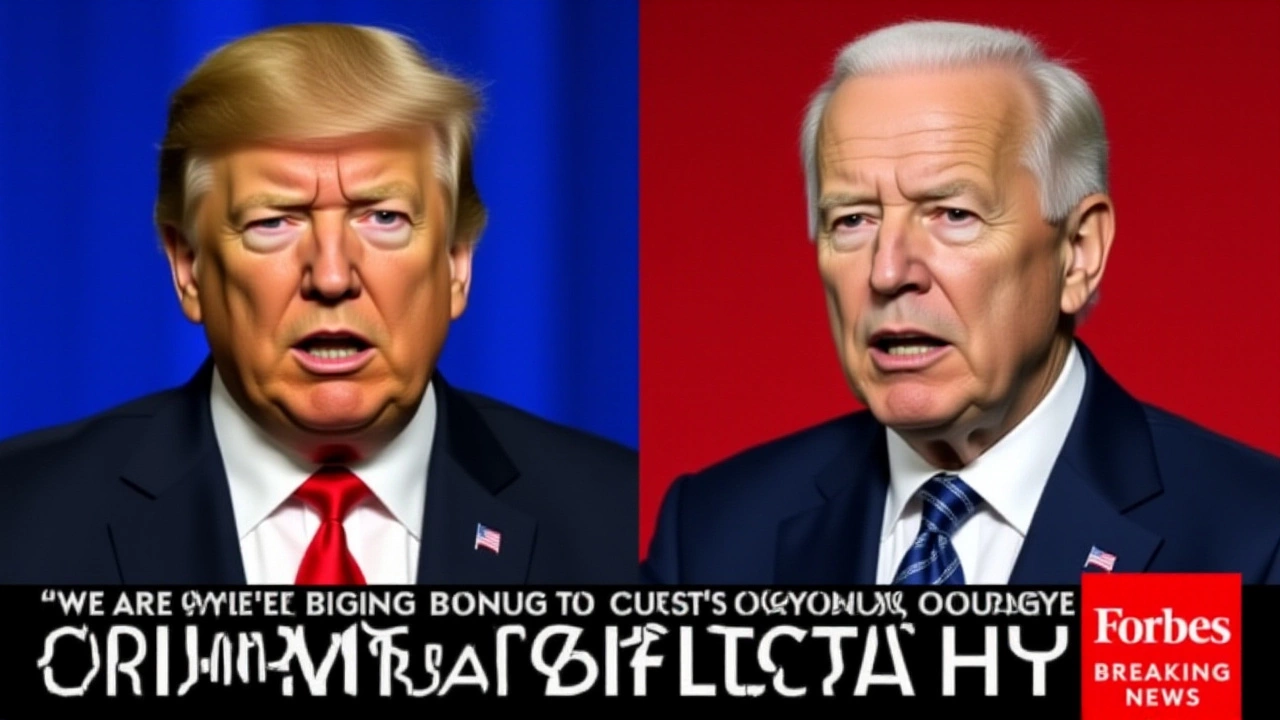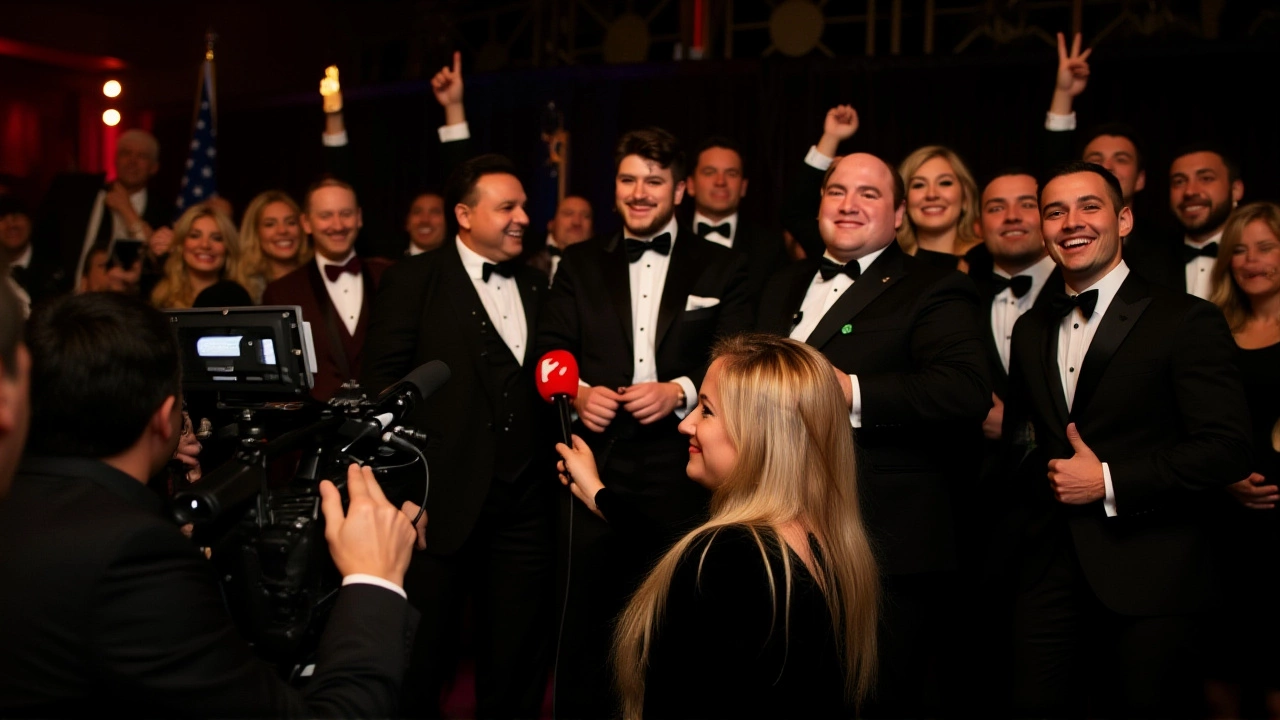When Gavin Wax, president of the New York Young Republican Club booked a NoMad loft for a $20 social mixer on October 14, 2025, few could have guessed the storm it would unleash. The gathering—held from 7 p.m. to 11 p.m. ET in Manhattan—was billed as a fundraiser for the Kirk Family, but a simultaneous Politico exposé revealed a months‑long fascist Telegram chat involving the club’s elite. The leak, spanning more than 2,900 pages of messages between January and August 2025, laid bare admiration for Adolf Hitler, jokes about genocide, and coordinated plans to amplify extremist rhetoric. It sent shockwaves through New York’s Republican circles and raised fresh doubts about the trajectory of youth political organizing in America.
Historical Roots and the Turn Toward the Extreme
Founded in 1911, the New York Young Republican Club (NYYRC) boasts the title of the nation’s oldest and largest Young Republican chapter. For decades it functioned as a moderate pipeline for future GOP leaders, aligning with the New York State Young Republicans and the Young Republican National Federation. Yet the 2016 election of Donald Trump marked a seismic shift. As scholars note, New York City Republican groups, once centrist, pivoted sharply rightward in the wake of Trump’s populist wave.
That transformation accelerated in 2018 when Wax—then a fresh‑face member—and Vish Burra, elected vice‑president, seized the club’s helm. Their manifesto favored “alcohol‑fueled parties, militant rhetoric, and endorsements of controversial far‑right figures.” Within weeks they booked a gala at Jersey City in December 2020 that flagrantly ignored COVID‑19 protocols, a move that drew criticism from New Jersey Governor Phil Murphy. Guests included Florida Congressman Matt Gaetz and journalist James O'Keefe.
Recent Events: From Social Mixers to Day‑of‑Action
The October 14 NoMad event was just the latest in a string of provocations. Earlier that month the club announced a "Day of Action" for George Sarantopoulos, scheduled for October 25, 2025, in Brooklyn. Admission was free, but locations were shared only with those who RSVP’d—an old playbook for exclusivity.
Looking ahead, the NYYRC has slated a pre‑gala reception on December 12, 2025, featuring Fr. Josiah Trenham, founder of Patristic Nectar, as the keynote speaker. The reception precedes the club’s 113th Annual Gala, a tradition historically hosted at Cipriani’s Wall Street, where past gatherings have been documented by Getty Images.
Leaked Telegram Chat: Evidence of Fascist Sympathies
On the same evening as the NoMad party, Politico published a trove of messages from a private Telegram group that linked Young Republican leaders across New York, Kansas, Arizona, and Vermont. Participants, including former New York State Young Republican chair Peter Giunta, exchanged jokes about sending political enemies to the "gas chamber" and cited Adolf Hitler as an “inspirational figure.” Giunta, who once headed the “Restore Young Republican” faction and was backed by Elise Stefanik and Trump‑affiliate Roger Stone, denied the allegations but failed to delete the messages before they were archived.
Other contributors include board member Michelle Malkin, who publicly praised white nationalists, and senior donor Charlie Kirk, recipient of the Presidential Medal of Freedom from the Trump administration. The chat also featured discussions about endorsing Brazilian President Jair Bolsonaro’s 2022 re‑election, insisting on unverified voter‑fraud claims and even a hypothetical military coup.
Reactions from the GOP and Civil Society
Republican leadership has largely feigned distance. Representative Stefanik issued a brief statement: “The actions of a few do not define the whole of Young Republicans.” Meanwhile, the Young Republican National Federation released a generic press release emphasizing its “mission to train future leaders” and declined to comment on the Telegram revelations.
Democratic officials were less cautious. New York Governor Kathy Hochul called the messages “blatantly extremist” and urged the state attorney general to investigate potential hate‑crime violations. Civil‑rights groups, including the Anti‑Defamation League, warned that the club’s trajectory mirrors patterns seen in European far‑right youth movements, where social events mask recruitment for extremist causes.

Implications for Youth Politics and Democratic Norms
The NYYRC case raises unsettling questions about how political youth organizations can become echo chambers for radical ideologies. When a club that bills itself as a “training ground for future leaders” openly jokes about genocide, it erodes public trust in democratic institutions. Moreover, the use of exclusive events—ticketed parties, RSVP‑only actions—makes it harder for journalists and watchdogs to monitor extremist recruitment.
Political scientists note that such infiltration often starts with “soft power” tactics: free drinks, celebrity speakers, and networking opportunities, which then segue into more overt political indoctrination. The NYYRC’s pattern matches that playbook.
What Comes Next? Legal and Organizational Outlook
Legal experts anticipate that the New York Attorney General’s office will likely open a civil rights investigation, focusing on whether the club’s activities violate state hate‑speech statutes. Meanwhile, the Federal Election Commission may review the club’s fundraising practices, given the $20 ticket sales and the earmarked proceeds for the Kirk Family.
Inside the club, some members have begun calling for a leadership overhaul. An anonymous source told us that a grassroots coalition is drafting a motion to recall Wax and Burra at the next annual meeting in March 2026. Whether that effort gains traction remains to be seen, but the internal dissent signals that the club’s future is anything but certain.
Frequently Asked Questions
How does the NYYRC scandal affect young Republican voters in New York?
The revelations may drive moderate young voters away from the club and the broader Young Republican network, fearing association with extremist rhetoric. Membership numbers have already dipped by an estimated 12% since the Telegram leak, and campus GOP chapters are reconsidering affiliations.
What legal actions could be taken against the club?
State officials could pursue civil rights violations if the club’s messaging is deemed hateful or incites violence. Additionally, the Federal Election Commission might audit the club’s fundraising to ensure compliance with campaign finance laws, especially given the $20 ticket sales linked to political donors.
Who are the key figures behind the club’s rightward shift?
President Gavin Wax and Vice‑President Vish Burra spearheaded the cultural overhaul in 2018, while board member Michelle Malkin amplified far‑right narratives through public statements. Former chair Peter Giunta further embedded extremist language in internal chats.
What does the leaked Telegram chat reveal about the club’s ideology?
The 2,900‑page transcript shows members praising Adolf Hitler, mocking minorities, and joking about mass murder. It also includes coordinated attempts to legitimize questionable foreign elections, indicating a willingness to align with authoritarian regimes.
Will the national Young Republican organization intervene?
So far the Young Republican National Federation has issued only a generic statement defending its mission. Insiders say a formal review is pending, but any decisive action would likely wait until the next national convention in summer 2026.
